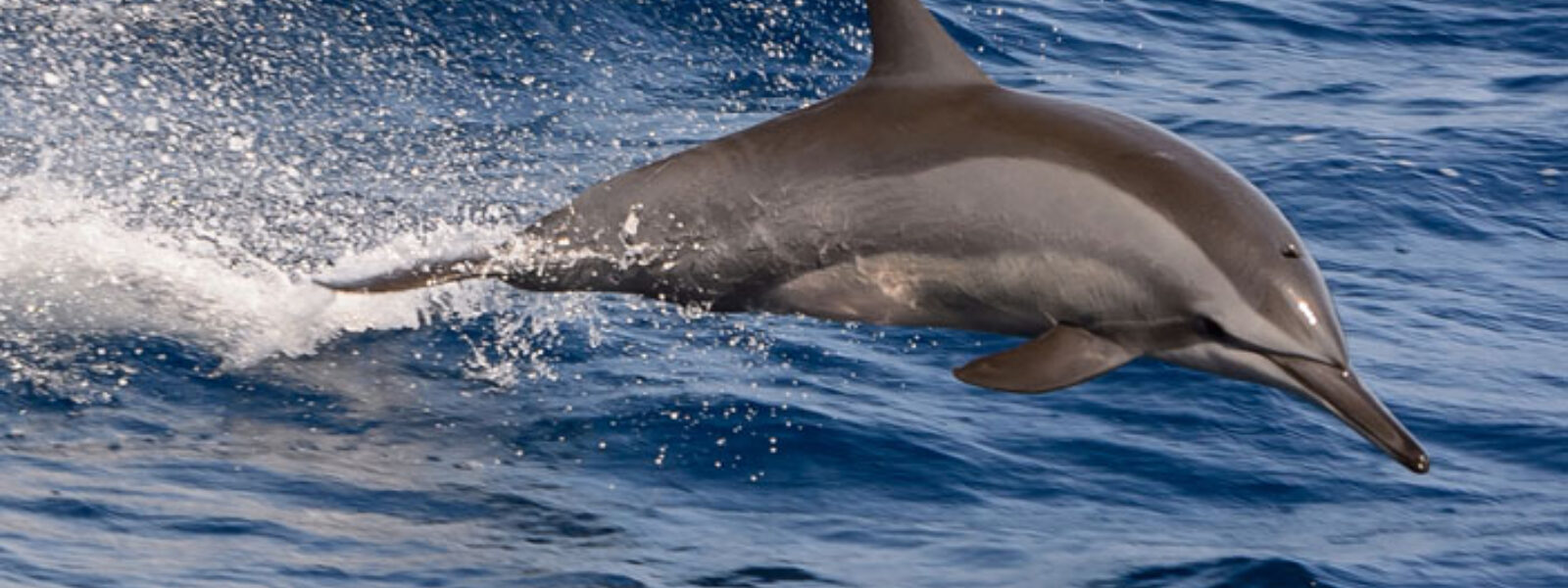

Our South Korean colleagues, from an organization called Hot Pink Dolphins (in English), are reporting yet another victory for live dolphins in that country: the Korean cabinet recently banned the import of live dolphins from Taiji, Japan and other areas where cruel captures take place.
Hot Pink Dolphins has successfully challenged the South Korean government to remove several dolphins from captivity and return them to the wild around Jeju Island, where they were originally - and illegally - captured. Since their release, several of these dolphins have been spotted swimming with their home pods, and one even gave birth to a calf in the wild.
The South Korean import ban is a great precedent, adopted due to the cruel nature of the Taiji drive hunts and subsequent slaughters. Whole pods are killed in a welter of blood, with the dead dolphins cut up for meat consumption in Taiji and adjacent areas. Some of the dead dolphins are sent for processing as fertilizer, as the mercury levels of internal organs are too high even for Taiji and Japan officials to tolerate, although the meat that is sold on the market can be much higher than official health limits. Seafood in Japan, including dolphin and whale meat, is exempt from being limited due to its high mercury content.
The capture and sale of live dolphins is the single most important reason that the dolphin hunts in Taiji remain viable to the dolphin hunters. A dead dolphin only brings around $500-600 US on the market sold as meat, and sales to the fertilizer plants are even less lucrative. By contrast, a live trained dolphin can bring as much as $155,000 or more on the world market. China, Russia, and the Middle East aquariums all buy Taiji dolphins, as do several aquariums and swim-with-dolphins facilities in Japan. The South Korean ban is a great step in ending the live dolphin trade from Taiji.
The ruling also bans import of living endangered animal species where the populations may be declining or at uncertain levels.
It is great to see the South Korean government taking steps to address animal cruelty. More countries need to step up to protect wildlife and enforce anti-cruelty laws.
Hot Pink Dolphins’s efforts in Korea, to protect and release dolphins caught up in the international dolphin trade, are vital at a time when the captivity industry continues to grow in many countries, including the United States. Sign the petition to end captivity and the slaughters for good.
Photo credit: Alessandro Caproni (Creative Commons)